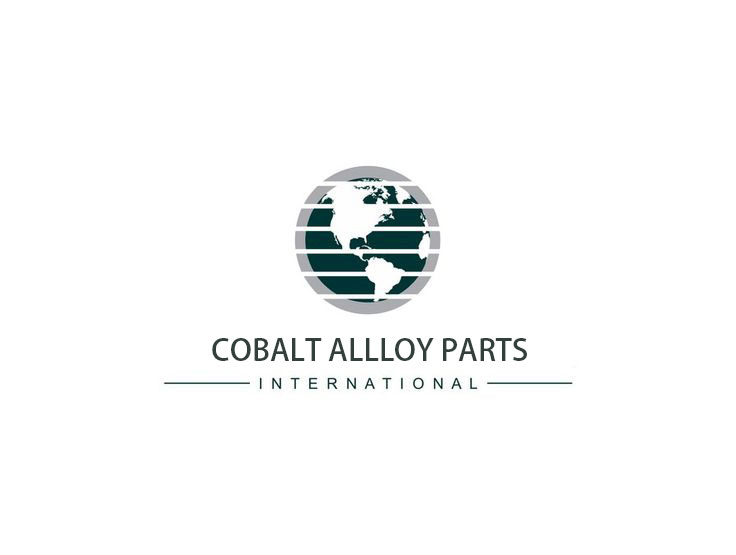
The Comparison of Cobalt Alloy Produced by Different Manufacturing Processes
2024-01-16 16:00Cobalt alloy, renowned for its exceptional properties, is a vital material in various industries. The production of cobalt alloy involves different manufacturing processes, each influencing the alloy's characteristics. This is a detailed comparison of cobalt alloy produced by casting, powder metallurgy, and other methods, showing light on the nuances that impact its performance in diverse applications.
Casting Method
Cobalt alloy produced through casting demonstrates robustness and cost-effectiveness. The process involves melting raw materials, including cobalt, chromium, and other alloying elements, in a high-temperature furnace. The molten metal is then poured into molds, creating the desired shape. Casting is particularly suitable for applications where intricate designs. The resulting alloy maintains a balance of strength and affordability.
Powder Metallurgy
For applications demanding precision and enhanced mechanical properties, powder metallurgy is employed in cobalt alloy production. This method involves compacting and sintering metal powders to create a dense and finely structured alloy. Cobalt alloy produced through powder metallurgy exhibits superior strength, wear resistance, and dimensional accuracy. This makes it an ideal choice for applications requiring tight tolerances and high performance.
Forging and Finishing
Forging plays a pivotal role in enhancing the mechanical properties of cobalt alloy. The castings are heated to high temperatures and subjected to pressure in a forging press, aligning the grain structure and reducing porosity. This results in improved mechanical strength and durability. The final step in the production process involves finishing the cobalt alloy through machining, grinding, and polishing to achieve the required dimensions and surface finish.
Applications and Considerations
The choice of manufacturing process for cobalt alloy depends on specific application requirements.
Cost-Effectiveness: Casting is preferred for cost-effective solutions where intricate designs are not critical.
Precision and Strength: Powder metallurgy and forging are chosen for applications demanding precision and high mechanical strength.
Critical Applications: Welding and electro-slag remelting may be employed to further refine cobalt alloy for critical applications where defect-free components are imperative.
Quality Control Measures
Throughout the production process, rigorous quality control measures are implemented to ensure that the cobalt alloy meets the required specifications. Mechanical properties, including hardness, strength, and elasticity, are tested, along with chemical composition and any necessary surface treatments.
In conclusion, the choice of manufacturing process significantly influences the properties and applications of cobalt alloy. Whether it's the robustness and cost-effectiveness of casting, the precision of powder metallurgy, or the enhanced mechanical strength from forging, each method brings unique advantages. Industries can tailor their approach based on performance, cost considerations, and the application's specific requirements, ensuring that the produced cobalt alloy meets the demands of diverse and critical applications.
